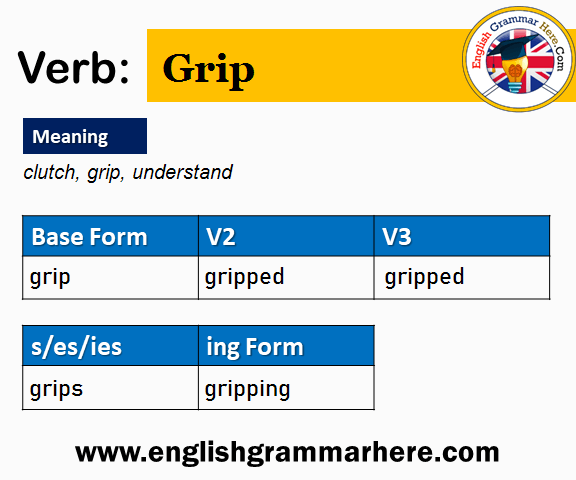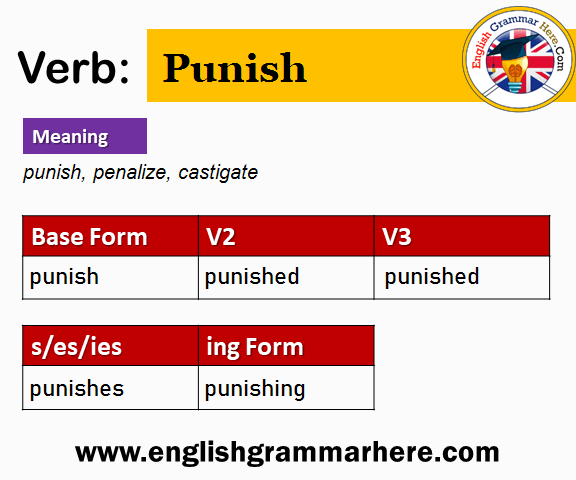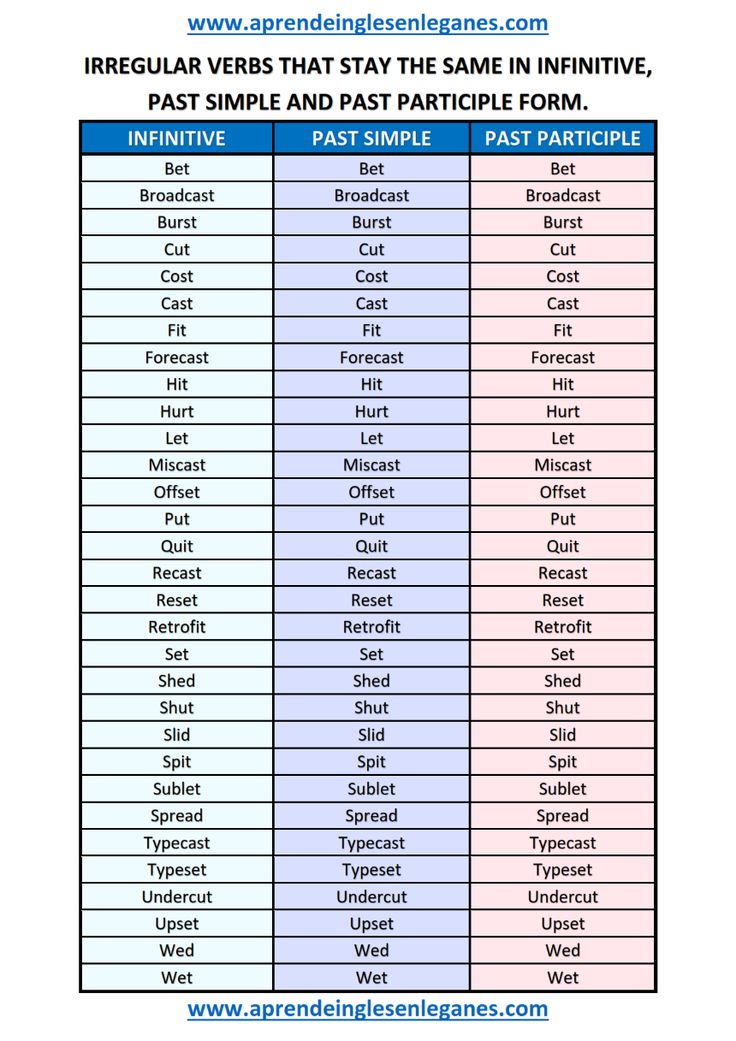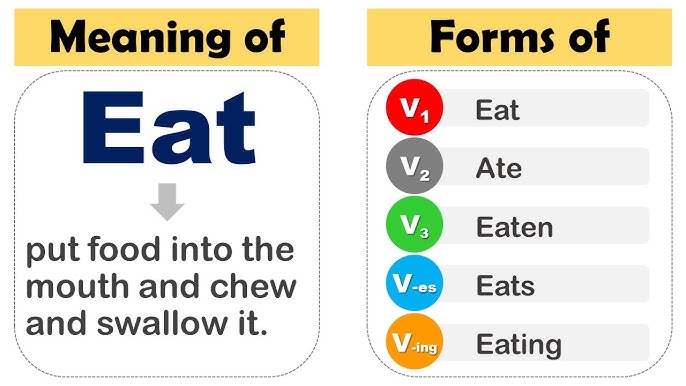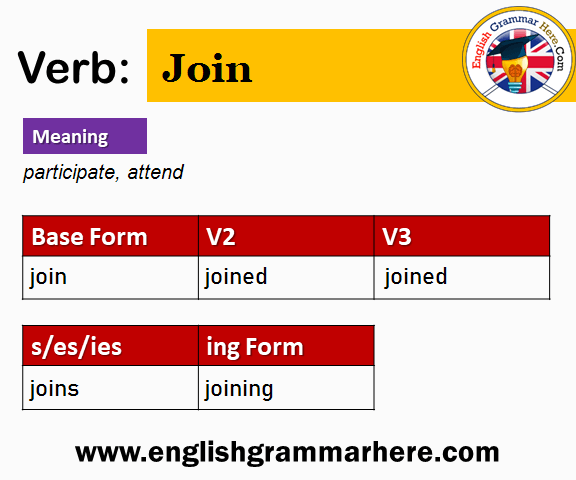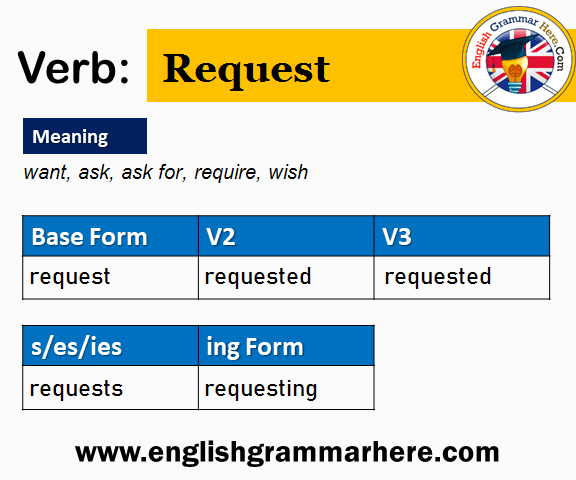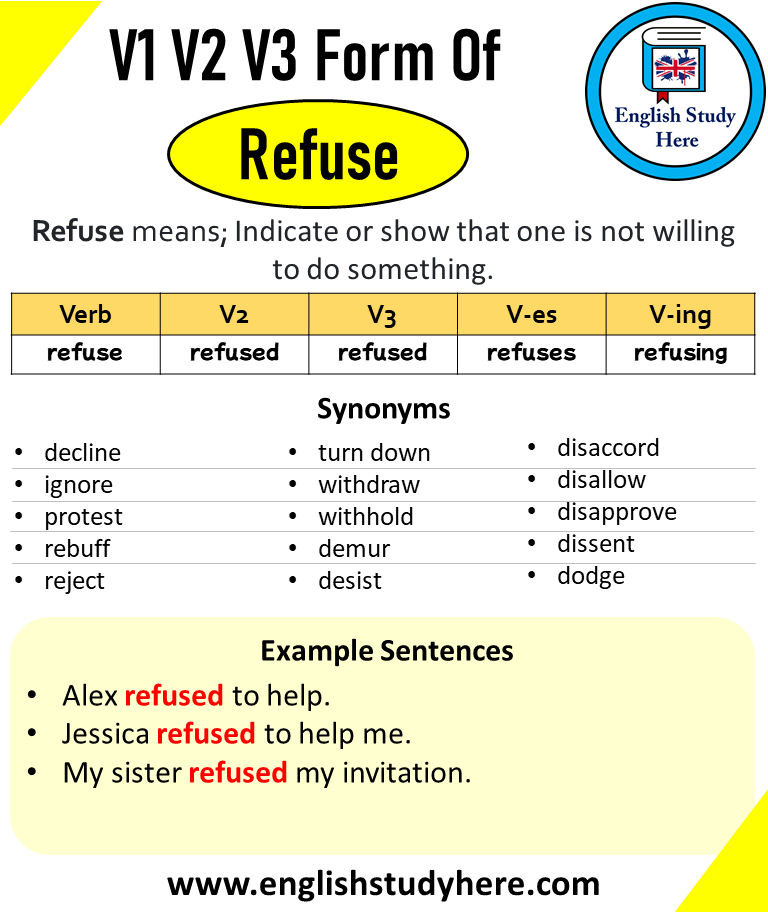Grip Past And Past Participle Form V1 V2 V3 V4 V5 Form of Grip
Are you curious about mastering the verb “grip” in all its forms? Understanding the various verb forms is crucial for enhancing your English fluency and precision.
Whether you’re writing, speaking, or learning English as a second language, knowing the past and past participle forms, alongside their variations, will give you a stronger command of the language. Imagine being able to effortlessly choose the correct form of “grip” in any context, impressing your teachers, colleagues, or friends with your nuanced understanding.
We will delve into the V1, V2, V3, V4, and V5 forms of “grip”, providing you with simple explanations and examples. Stick around, and soon you’ll have a new grip on your English skills that you never knew you needed!

Credit: www.pinterest.com
Grip: Meaning And Usage
The word gripmeans to hold something tightly. It is used when you want to keep something safe or steady. Grip can be a noun or a verb. As a noun, it refers to a firm hold. As a verb, it means to take hold of something.
There are different forms of the verb grip. They are used in different tenses. The base formpast tensepast participlepresent participlethird person singular
Using the correct form helps in writing and speaking clearly. Practice using each form in sentences. This helps in understanding the different uses. Remember, grip tightly to hold things steady.
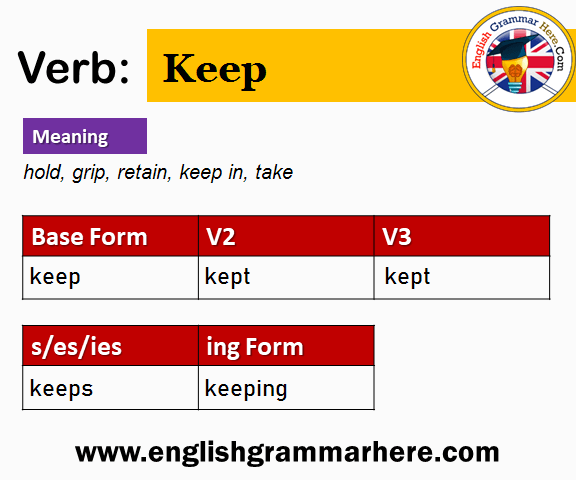
Credit: englishgrammarhere.com
Conjugation Of Grip
Gripis an action word. We use it to hold something tightly. Different forms of grip are important in sentences. Let’s look at them.
Forms Of Grip
| Form | Example |
|---|---|
| V1 | Grip |
| V2 | Gripped |
| V3 | Gripped |
| V4 | Gripping |
| V5 | Grips |
Simple Sentences
- I gripthe rope.
- She grippedthe handle.
- He is grippingthe book.
- It gripswell in rain.
These forms help us know the time of action. They show past, present, and future. Using the right form makes talking clear.
Examples In Sentences
He gripsthe handle tightly. Yesterday, she grippedthe rope with fear. The climber has grippedthe edge firmly. They are grippingonto their seats. We have grippedthe tools well.
The baby gripsfingers softly. Last night, John grippedthe steering wheel hard. The instructor has grippedthe students’ attention. The workers are grippingthe pipes. He has grippedthe railing for safety.
She gripsher book. In the past, he grippedthe bag. They have grippedthe opportunity. Kids are grippingtheir pencils. The dog has grippedthe toy tightly.

Credit: englishgrammarhere.com
Conclusion
Grasping the forms of “grip” helps in improving your English. Simple, yet crucial. Knowing V1, V2, V3, V4, and V5 forms aids communication. You can practice these forms daily. This practice will boost your confidence. Remember, learning a language takes time.
Stay patient and consistent. With regular use, these forms become second nature. Your English skills will grow stronger. Keep exploring and practicing. Every step counts in your learning journey.
